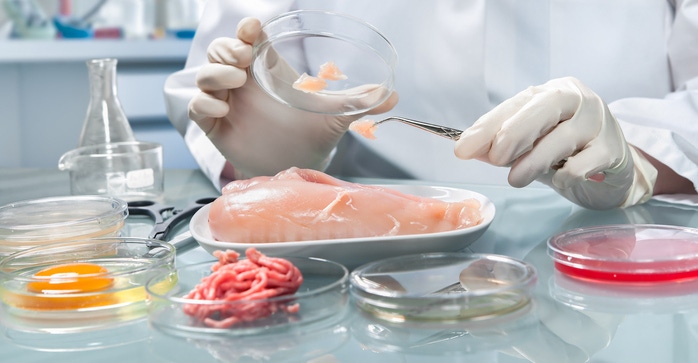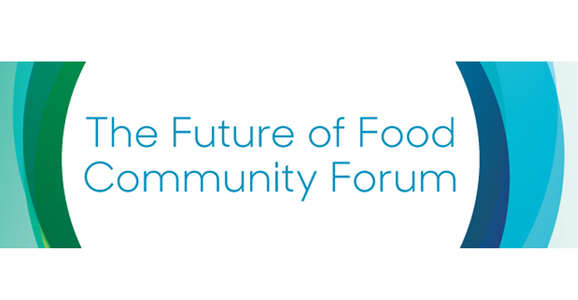Share your views and concerns with the larger natural products industry as we explore food technology's effects on the CPG industry.
August 4, 2022

How will we grow enough healthy food to feed the world's people? It's an ongoing debate.
Climate is changing as global temperatures continuously rise. The year 2021 was the sixth warmest on record; every year since 1981 has been above the 1951-1980 average temperature, according to NASA.
The globe's population is increasing exponentially: It's expected to reach 10 billion in 2058, double the 5 billion people in 1987, reports the United Nations.
As a result of these factors and others, the amount of arable land per person has fallen more than 40% since the first Gen-Xers were born in 1966, to 0.18 hectares per person now from 0.33 hectares then, according to The World Bank.
How will we keep making good food? How will we decide what "good food" actually is? The answers are up to those working in the food industry who convene at Natural Products Expos not just to launch new products, but also to introduce new ideas for how we address everything from climate change to food insecurity.
New Hope Network is hosting The Future of Food Community Forum at 11 a.m. ET Wednesday, August 17, via Zoom because we want to hear the various perspectives on the future of food. Food technology journalist Larissa Zimberoff and New Hope Network staff will lead a forum around the effects of food technology and how its developments are changing the CPG industry.
Zimberoff is the author of Technically Food: Inside Silicon Valley's Mission to Change What We Eat, published in 2021 by Harry N. Abrams. A type 1 diabetic since childhood, she has a close and complicated relationship with food.
"It's time for us to scrutinize our old habits as we consider shifting to these New Foods: milk that doesn't come from the udder of a cow, eggs that aren't laid by chickens and shrimps that don't swim in the sea," she writes in the book's introduction. "Tomorrow's foods depend on highly trained scientists, many of how have crossed over from the field of medicine. Tissue and cellular biologists, analytical chemists, food scientists and engineers are collaborating on how to create food that they claim will benefit the world."
As a freelance journalist, she has written about cell-based or lab-grown meat for the San Francisco Chronicle and Fast Company; lab-made honey for Bon Appétit; and sugar replacements and vegan bacon for Bloomberg.

Share your thoughts with the community
We ask our natural products community members to share their views, questions and concerns—all of which will help New Hope Network align around transparency and steward a responsible future for sustainable food.
To attend the virtual meeting, please visit the registration page.
In addition, we seek your answers to four questions:
What about biotechnology do we need to understand better?
How can New Hope bring greater transparency to "future foods" for our community?
Are climate claims and the businesses that make them important to our planet's future.
Do you know enough about how your food is made now? What do you want to know to help you feel more confident about our food future?
Anyone who would like to share their statements during the live August 17 event is asked to submit their comments by Monday, August 8. You will need to be available to speak during the event. Community members who are chosen to speak will be notified by Friday, August 12.
About the Author(s)
You May Also Like


